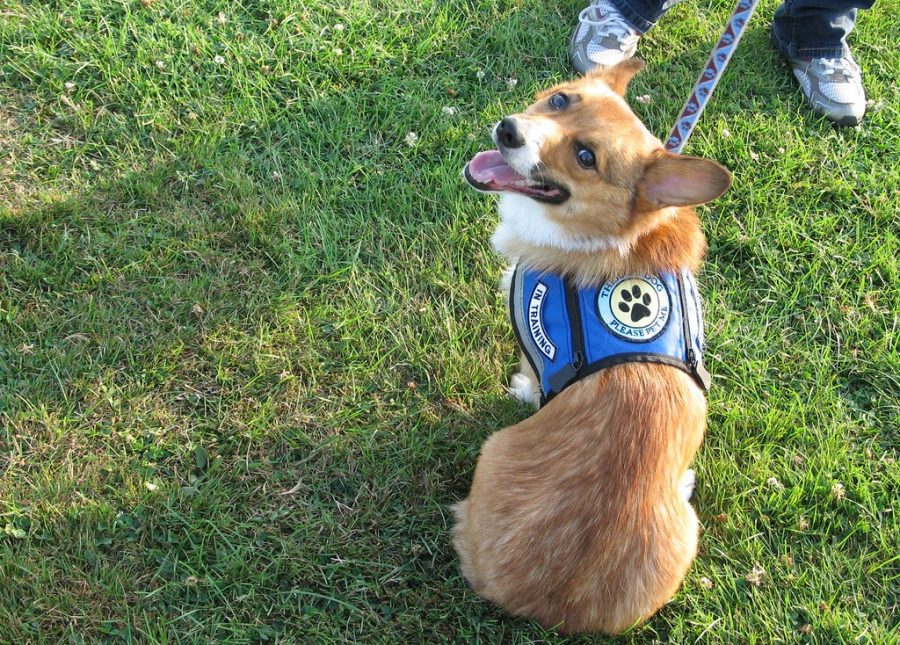Detection Dog vs. Therapy Dog: What is the Difference?
January 19, 2023
The following was written for an assignment in Jeff Moulton’s Sociology of Crime Course:
Should schools introduce a trained detection dog with a police officer, or should schools introduce a therapy dog to support students’ mental health? What is the difference between the two? Detection dogs are known to get the job done on limiting the use of drugs in schools by busting the students who carry them; however this may not stop the encouragement to use drugs elsewhere. Therapy dogs are there for students’ support, which may help their mindset including substance abuse, stress, anxiety, depression and other mental health issues.
The 2019 Monitoring the Future Survey from the National Institute of Drug Abuse found that 38% of 12th graders surveyed had used illicit drugs at some point in the past year. Marijuana accounts for 35.7% of that statistic; other substances include acid, cocaine, meth and heroin. Drug use can also increase the risk of health problems later in life, like high blood pressure, sleep disorders and heart disease. Using drugs at such a young age will shorten the lifespan of so many students, so how can a dog change that? Most quiet school areas do not necessarily need to use a drug dog in order to eliminate a threat, but find a more calm and safer approach; therapy dogs would be the answer to that. In our BFA 2021-2022 year, we had a therapy dog named Murphy that would walk the halls, greeting students. Murphy brought a calm environment to the school, and kids’ faces would light up when he walked in the room, waiting in line to get a turn to pet him.
I interviewed Mr. Blanchard on his thoughts about therapy dogs, and he responded, “I found that one place students would want to go was were the dog was, it was incredible to see.” This was mentioning the upsides of having a therapy dog in school, including the impacts it had on students that didn’t like to open up, but would to the dog, without even knowing it. The downsides of having a therapy dog in the school, is that the police officer has to come with them, which leads to documentation everytime they set foot in the school. Some students also don’t have good relationships with cops and might be skeptical about having a police officer walk the halls everyday.
Mr. Blanchard states, “Somebody like me cannot understand a very different life,” indicating that he cannot put himself in someone else’s shoes who have had issues with the law in the past. Therapy dogs can be an asset to the school for building relationships with students who are struggling with mental health issues, but they come with conditions that some students may not agree with.
So the real question is, what do you think on the subject? Would you want to have a therapy dog walk the halls again? Or are you fine with the way things are now?

